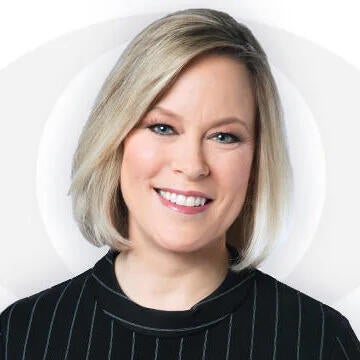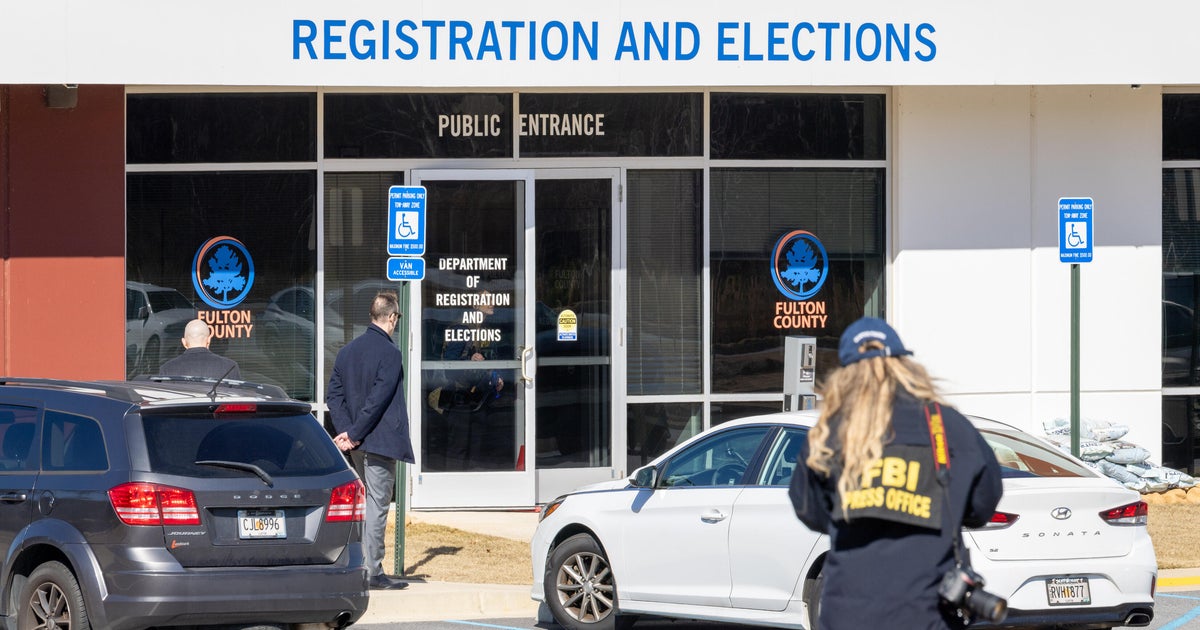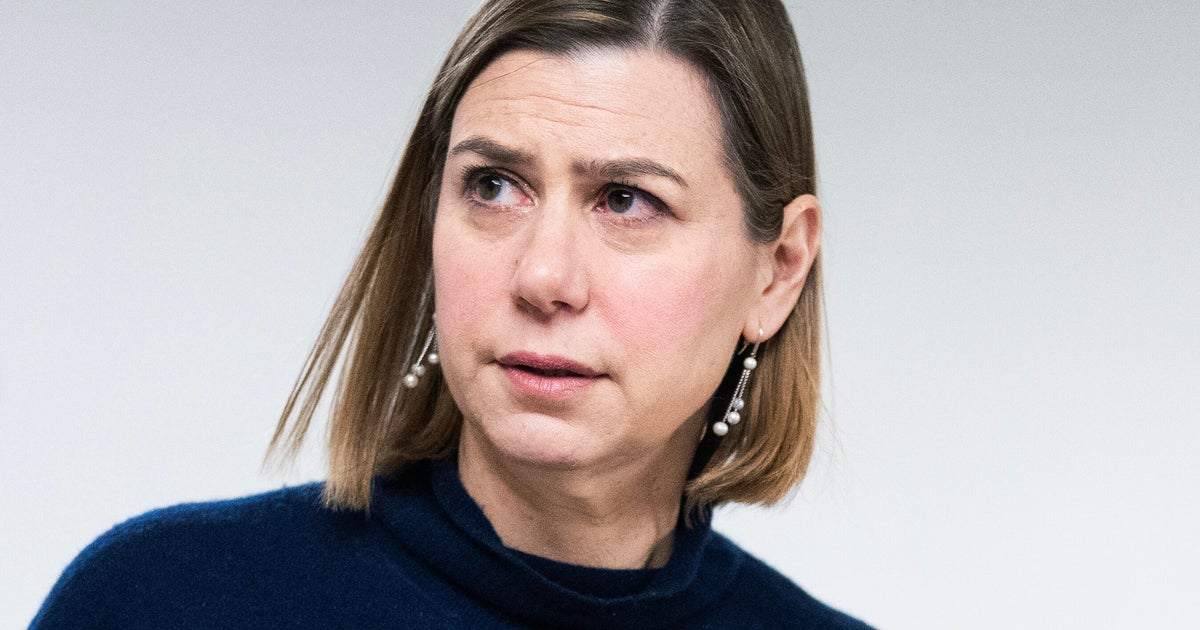Chicago high school teacher urges future voters in his class to think hard about issues and democracy
CHICAGO (CBS) -- The students whom CBS News Chicago met at a civics class at Chicago's Amundsen High School are too young to vote—but they still have a lot on their minds.
The students talk about the issues and the candidates in class, and they have a lot to say.
Kyle Learn has been teaching civics and history at Amundsen High School, at 5110 N. Damen Ave. in the North Side's Ravenswood neighborhood, for several years. When CBS News Chicago visited his class, he was challenging juniors, and some seniors, with questions, such as how they might impact an election without voting.
The future voters had strong positions as Vice President Kamala Harris and former President Donald Trump campaign against each other.
"I feel like neither side is doing very well," said junior Silas Palm. "Both have not been showing as much information as I feel like they could have been."
"I feel like right now, it's like kind of immature," said junior Michael Berkich.
"They're kind of like bickering towards each other, and not really stating any solutions," said senior Tanesha Gholson.
Mr. Learn is passionate about the political process and has always wanted to share it. He asked the students what issues are important to them and made a list—abortion, immigration, cost of living, health care, economy, cost of college, climate, foreign policy, gun control.
"To motivate students, you have to show them why it's relevant," Mr. Learn said.
So Mr. Learn and his students focus on issues and pinpoint what's important to them. The students specified what the most important issues on their minds are this election season.
"Something that matters to me more right now is gun control, because there's been a lot of school shootings," said Michael.
"For me, it's definitely the cost of living-slash-housing," said Tanesha.
"Equality in the LGBTQ community, and racial equality, sexual equality," said Silas.
Mr. Learn said part of his goal is to ensure his students are not going for the lowest common denominator when picking what media they use to obtain their political knowledge.
"Another thing is just really showing, teaching students how to get informed properly about the issues—not just go from soundbites, not just go from things that you hear on TikTok—to become really informed citizens," he said.
Between Silas, Tanesha, and Michael, only Tanesha, now 19, will be able to vote in November.
"It's my first time voting, so it is a little nerve-wracking," she said.
But all three students feel voting is important.
"When you're an adult, it just matters to vote," said Michael, "because you're getting your opinion out there, you're saying what you want, and what you vote for can affect someone else."
That's music to Mr. Learn's ears. Teaching civics, for him, goes beyond the "how" of voting—the "why" matters more."
"If you're not out there being informed, if you're not out there being an active citizen and participating in democracy, things aren't going to look the way that you want them to," Mr. Learn said. "The policies aren't going to change in a way that benefits you."
The students with whom CBS News Chicago spoke seemed to agree with that sentiment—and with holding electeds accountable. Silas said he wants to make sure those elected to office are serving to help, "and not just for their own benefit."








